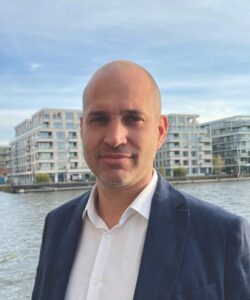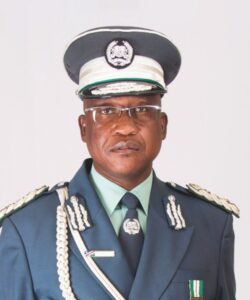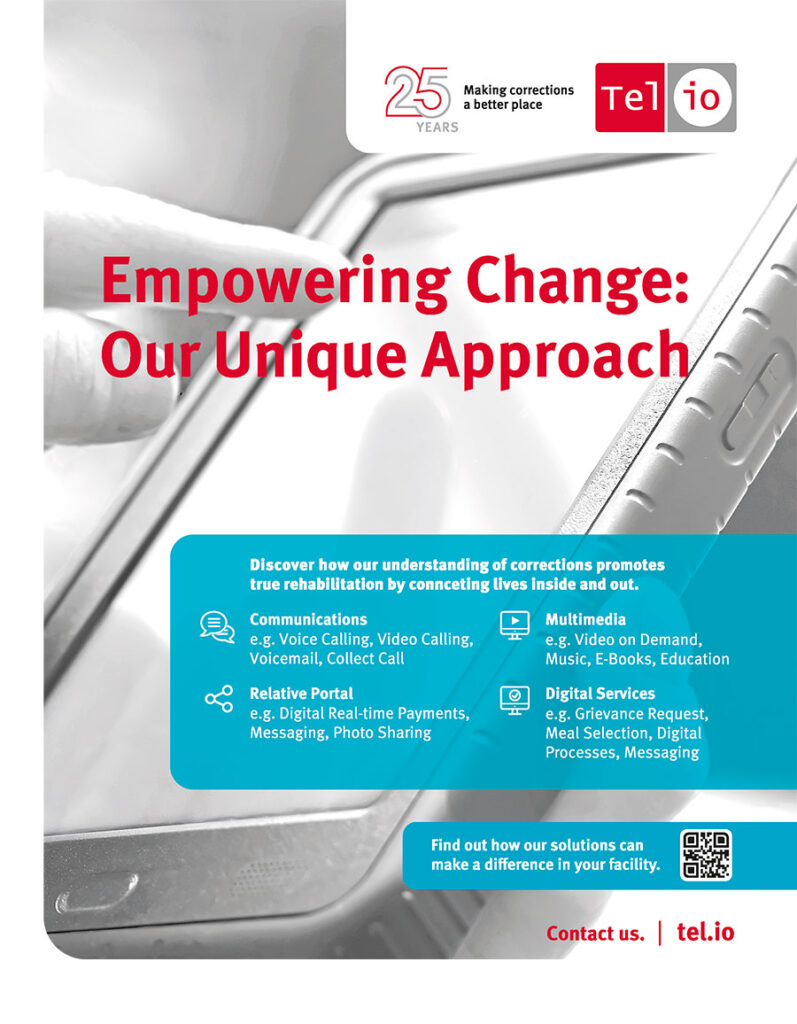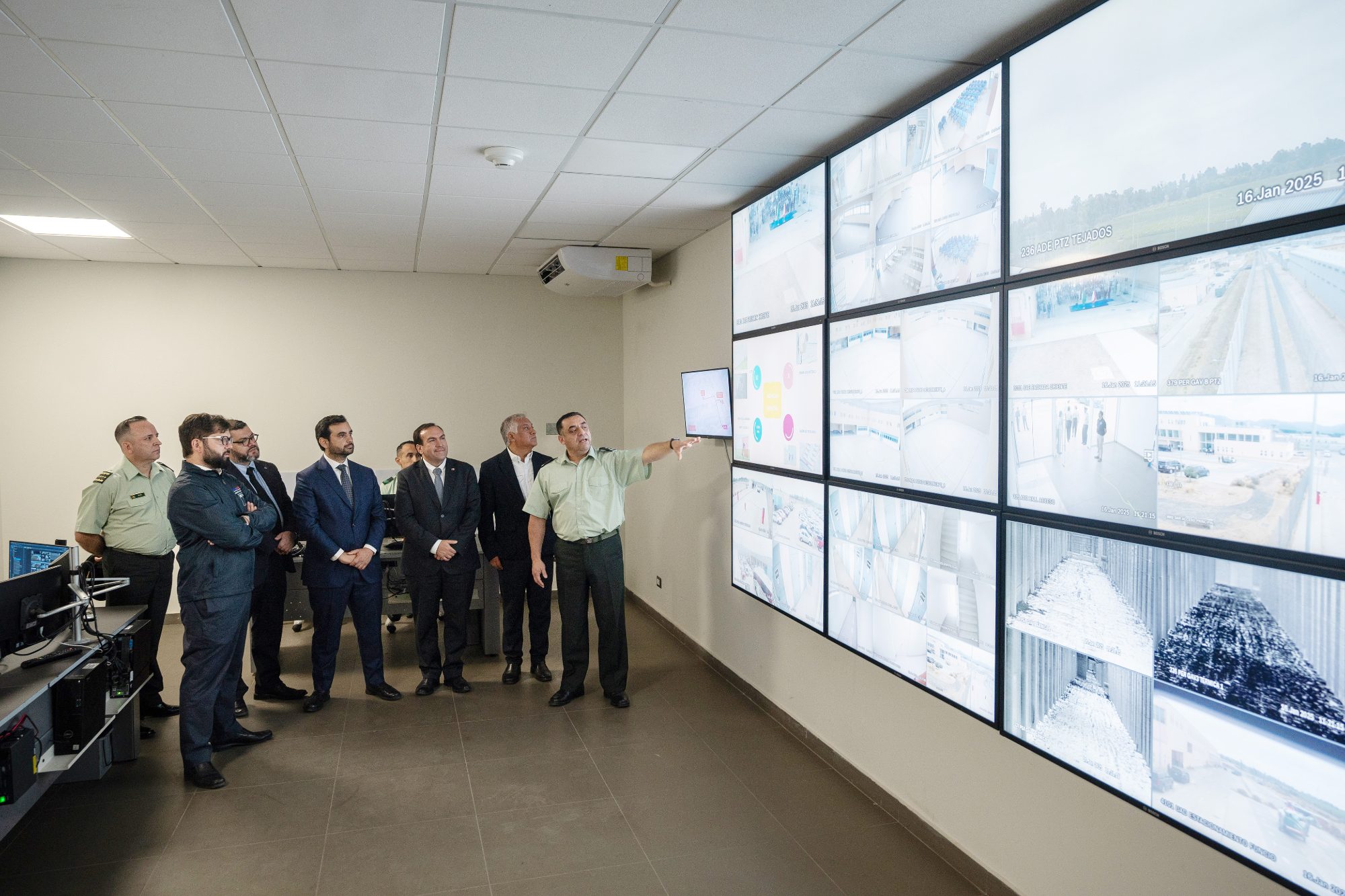Article
Dave Lageweg & Raphael T. Hamunyela
Namibia is quietly emerging as a leader in correctional reform. Grounded in human dignity, public safety, and inclusive modernization, the country is integrating technology – like secure inmate telephony – into a broader transformation of incarceration.
What sets Namibia apart is its strategic, multilateral approach. Through collaboration with the United Nations Interregional Crime and Justice Research Institute (UNICRI) and the Government of Japan, Namibia is shaping a digital reintegration strategy that aligns international best practices with national values. Within this vision, structured telephony becomes more than a tool. It fosters social bonds, accountability, and community stability.
Despite its forward-looking Offender Risk Management Correctional Strategy (ORMCS), Namibia’s correctional system, like many globally, faced a persistent barrier: reliable, secure, and equitable communication between inmates and their families.
Before 2019, limited infrastructure and Namibia’s vast geography made visits rare and costly, especially for rural families. A single visit could require hours on rough roads. This communication gap also encouraged contraband. Inmates turned to smuggled phones, prompting the need for a structured, secure system that supports both safety and rehabilitation.
Introducing structured telephony: The pilot phase
In 2019, Namibia’s Correctional Service (NCS) partnered with Telio Group, a global provider of secure correctional communication solutions, to pilot a supervised telephony system at Windhoek Correctional Facility, involving around 1,200 offenders.
Weather-resistant phones were installed in monitored, common areas and made available during scheduled hours. This approach was carefully aligned with institutional security protocols and daily routines, enabling consistent, dignified access.
Rather than a fixed solution, NCS treated the pilot as a learning process, guided by its broader reform goals and strengthened through close technical exchange with Telio, whose practical insights helped align the system design with institutional needs.
Through this iterative process, based on the proof of concept at Windhoek Correctional Facility, NCS designed a national call policy that is:
– Scalable across all 13 correctional facilities
– Tailored to security levels
– Focused on personal stability and social responsibility
What Namibia’s telephony rollout can offer other justice systems
Prior to the implementation of structured phone access, inmates at Windhoek Correctional Facility frequently missed daytime programs because phone calls were conducted inside staff offices. With scheduled, accessible telephony, that burden was lifted for inmates and officers, who could focus on core duties. Staying in touch became a regular part of life, not a competing demand.
“Rehabilitation isn’t just about ticking boxes or completing programs – it’s about helping someone remember who they are, and who they still matter to,” says Commissioner General Raphael Hamunyela of the Namibian Correctional Service. “Staying connected to family gives people a reason to keep going. Without that, it’s much harder to rebuild trust, take responsibility, or imagine a life beyond prison.”
While formal evaluation is still emerging, early experience from the Namibian rollout offers relevant insights for jurisdictions seeking to align correctional security with human dignity and cultural relevance.
These learnings are particularly valuable for contexts where resources Top Topic Top topic are constrained but reform ambition is high, whether in the Global South or beyond:
- Access timing should reflect real-life rhythms. Allowing phone use at times when families are most reachable, such as evenings or weekends, can strengthen the quality and consistency of contact.
- Administrative systems benefit from simplicity. Streamlined procedures for managing call access and approved contact lists reduce the burden on staff and enhance transparency for users.
- Clear, consistent call allowances promote fairness and trust. Defined access – tailored to security levels – can provide structure while encouraging responsible use, reducing uncertainty and tension among inmates.
Navigating resistance: A leadership lesson
One challenge many systems face – especially in countries where corrections are viewed through a punitive lens – is public or institutional resistance to “giving inmates phones.” Namibia addressed this head-on, led by NCS leadership committed to reframing the narrative.
“There was skepticism,” recalls Mr. Hamunyela. “Some people saw it as a privilege. But we made it clear: this is about safety, responsibility, and rehabilitation. It’s not about comfort.”
Namibia’s telephony rollout signals a values-based rethinking of correctional priorities. Early feedback shows consistent phone access lessens isolation and rejected feelings that often lead to behavioral issues. “You can feel it,” one officer shared. “Less anger. More listening. The phone helps them stay part of their family.”
Through its partnership with Telio, the NCS developed a telephony system attuned to Namibia’s social and geographic realities. The implementation advanced efforts to make rehabilitation more meaningful and, over time, strengthened internal capacity. By aligning digital infrastructure with rural needs, centering family connection, and ensuring fair access, Namibia created a scalable, sustainable model rooted in trust – reframing inmate communication as a practical investment in public safety and human dignity.
“Our goal is not just to manage incarceration, but to reduce reoffending by keeping people connected to what matters most. If Namibia’s approach can inspire other African countries to build systems that rebuild rather than harden, then we’re contributing to something greater than ourselves,” concludes Mr. Hamunelya.

Dave Lageweg, as TELIO’s Chief Business Officer, is at the forefront of digital transformation in the global correctional sector. He helps shape TELIO’s role as a trusted partner to governments worldwide – delivering smart, secure solutions like video calls and visits, self-service kiosks, tablets, and voice communication systems. With a career that began at the Dutch Ministry of Justice and Security over 20 years ago, Dave brings deep public-sector insight and a passion for using technology to create real-world impact. Beyond his work at TELIO, Dave serves on the board of the Connecting Hearts Foundation.

Raphael T. Hamunyela is the Commissioner-General of the Namibian Correctional Service since 2014. He began his career at NCS in 1994 as a prison officer, becoming Chief Prison Officer in 2001. He then served in the Headquarters legal office before advancing to Superintendent, Assistant Commissioner, and Deputy Commissioner-General. He holds a Law degree from the University of Namibia and a Diploma in Public Administration and Management.
Advertisement



